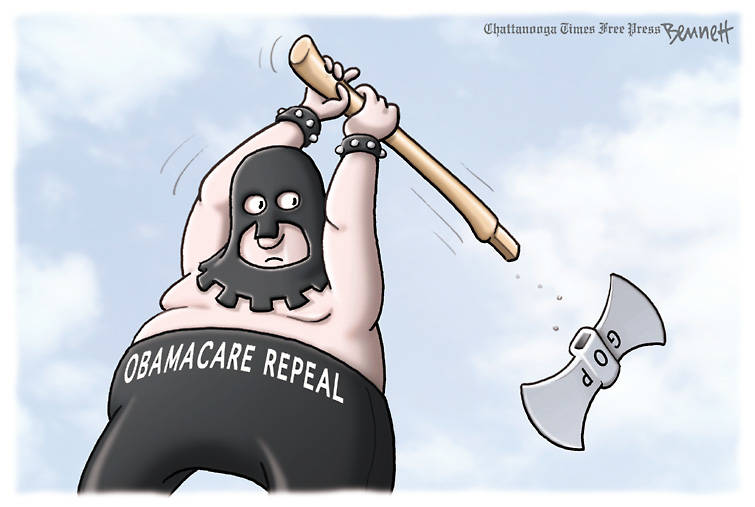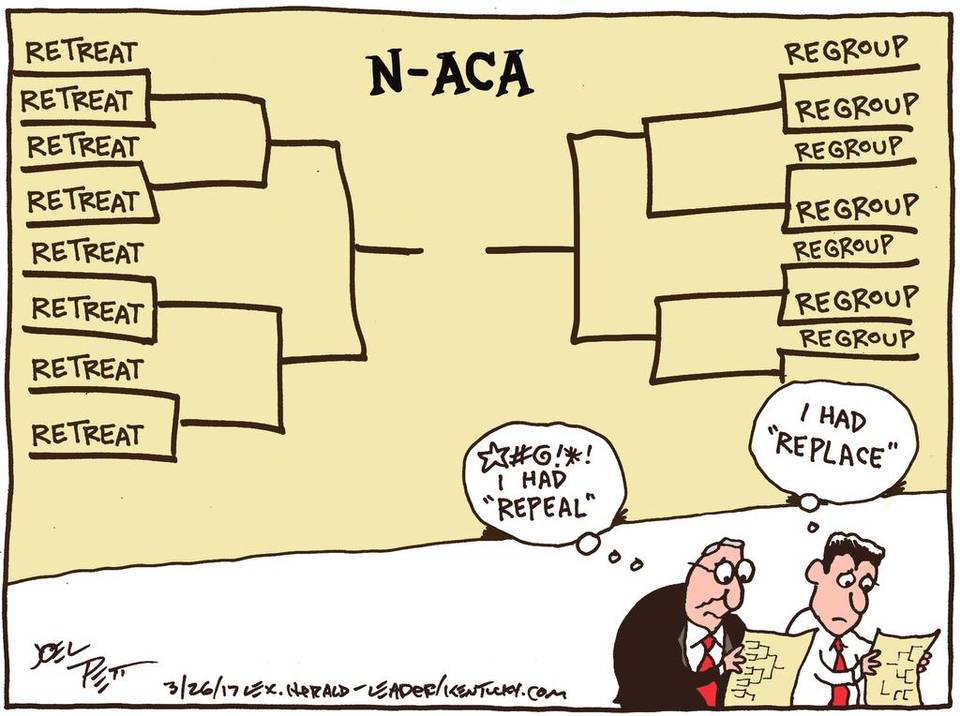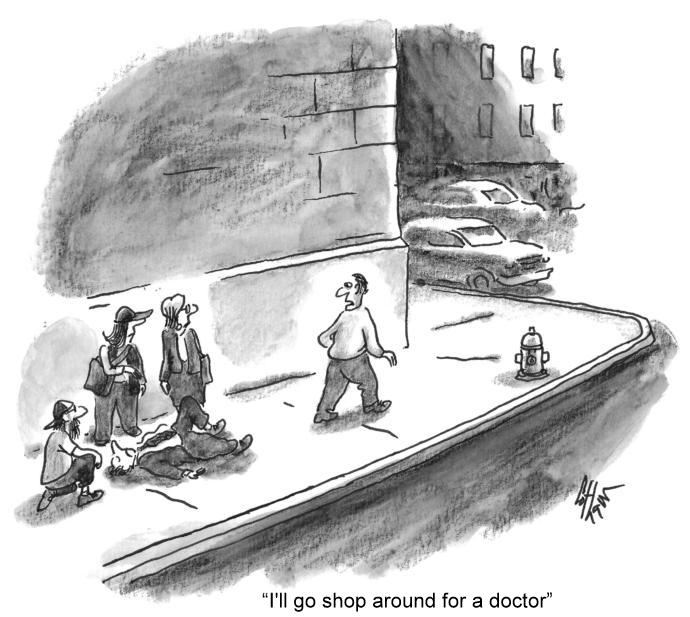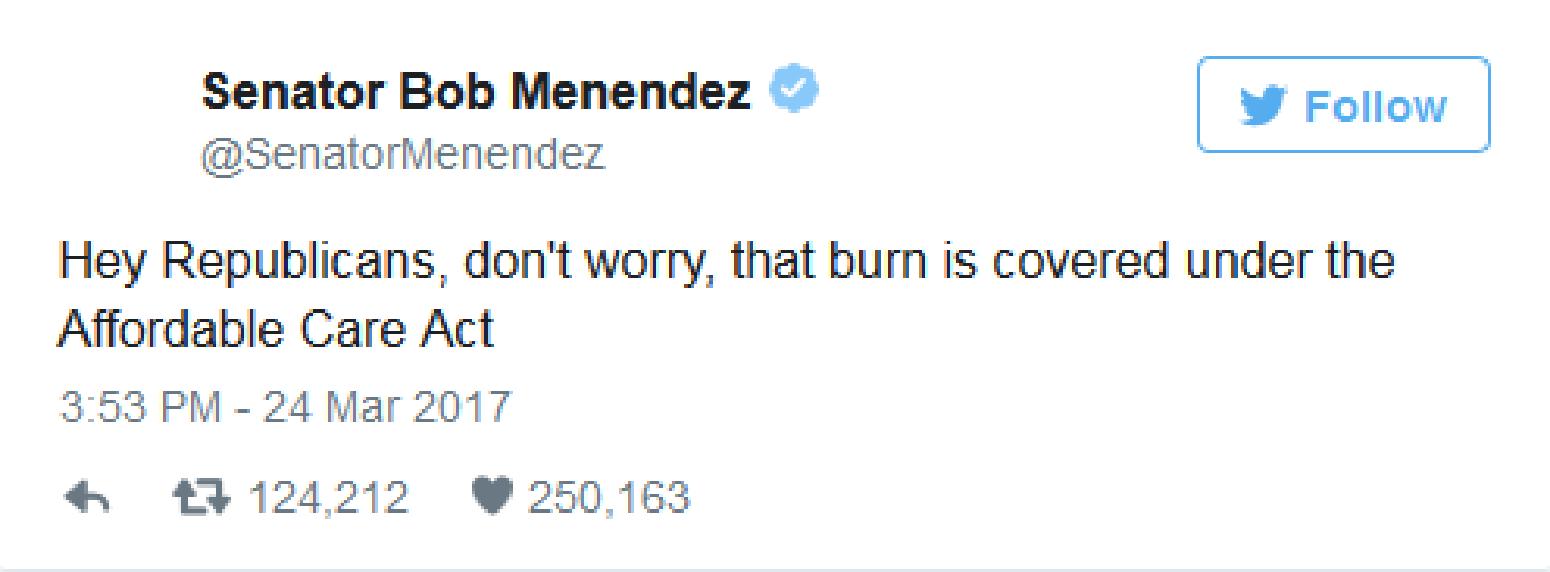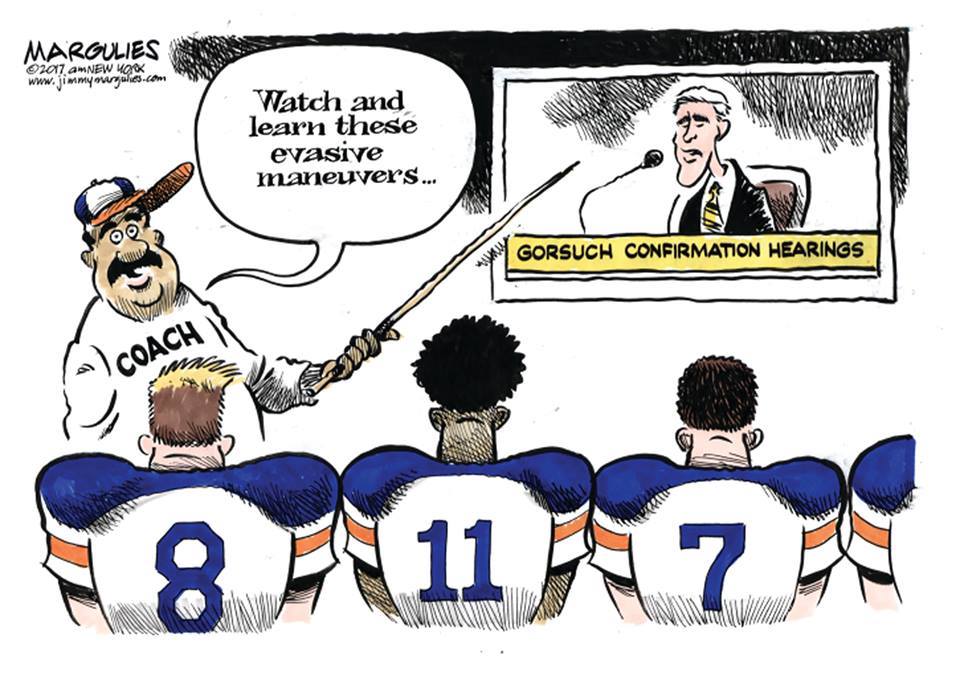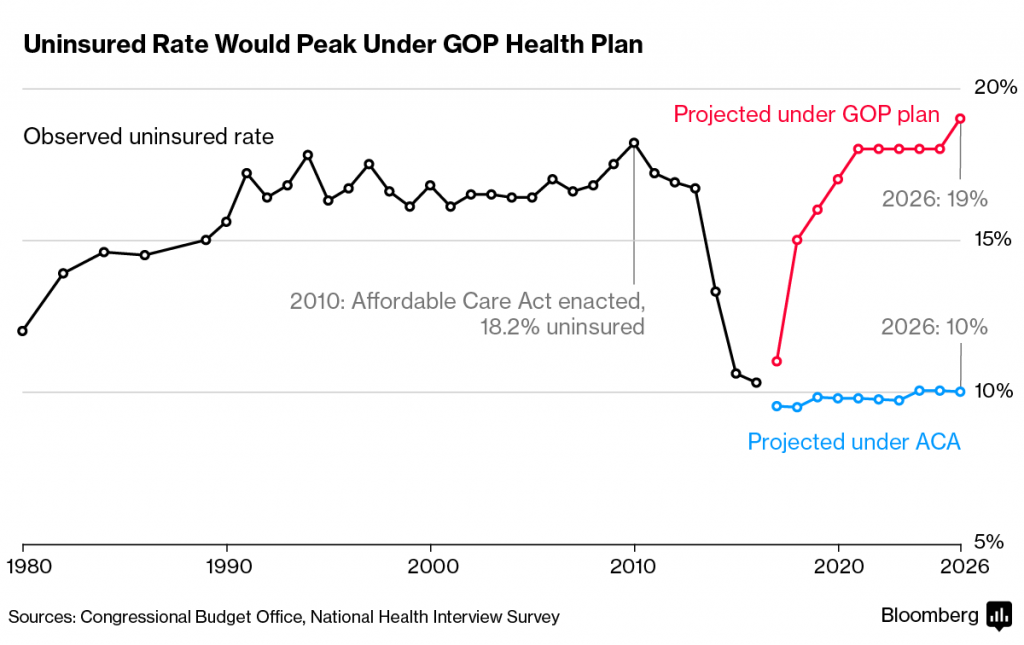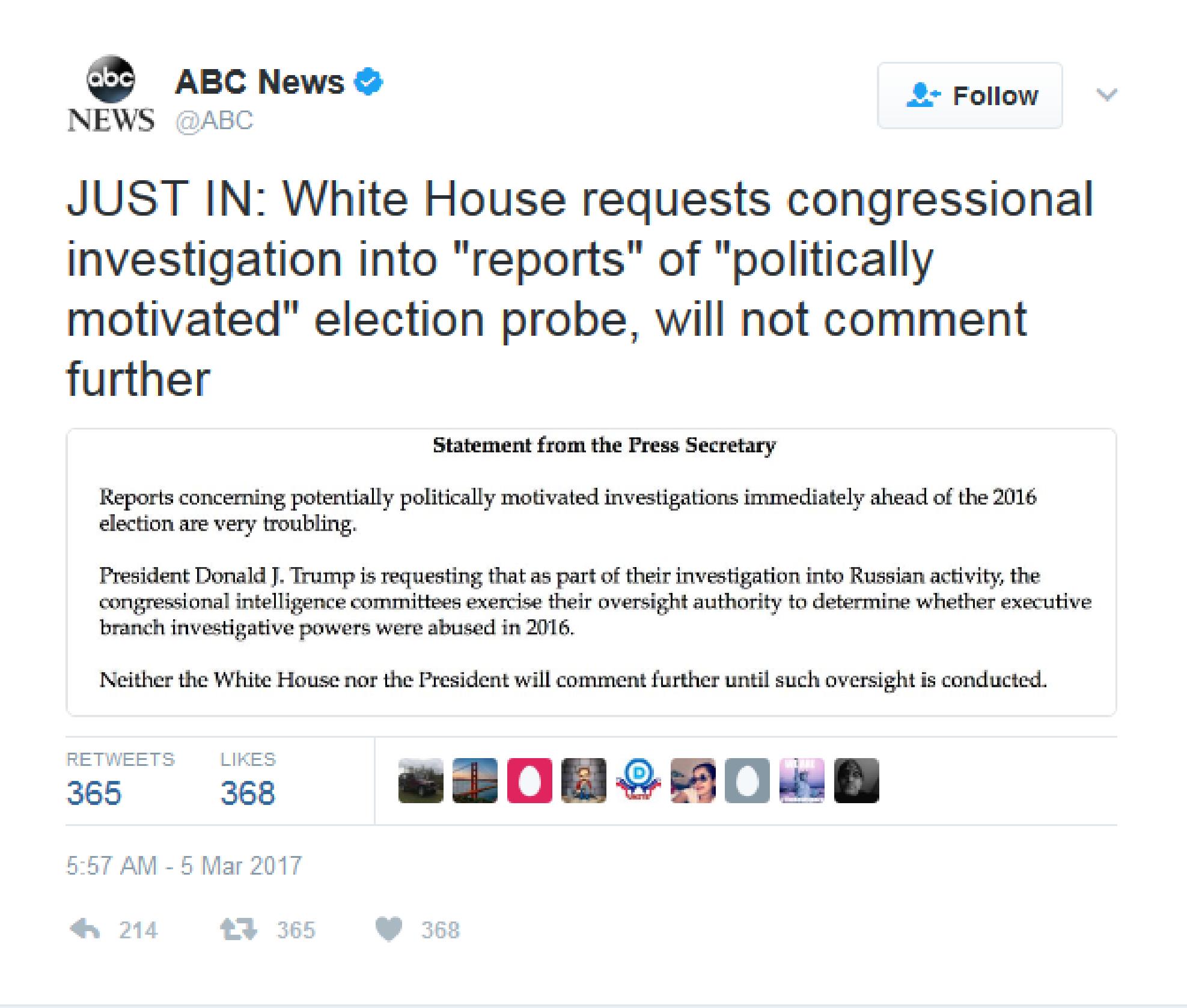The Daily Escape:

(Anna’s hummingbird with bees, California, 2016 – photo by Toshiyasu Morita)
The White House faces a yuuge pothole in the road to having even a marginally successful first 100 days.
Republicans need to pass a new Continuing Resolution (CR) to fund the government, and the current CR expires on April 28. A CR is a form of appropriations law that keeps the federal government operating. The expiring CR was passed last December, effectively kicking the can down the road to the new administration. The idea was that there would be a GOP Congress and a Republican president for the first time since 2006, and they would work together to get things done.
But, as with the failed Trumpcare legislation, House Republicans are still divided, and Democrats will sit on the sidelines and watch the GOP’s efforts to achieve consensus. Republicans are staring at the twin issues that have led them to threaten government-shutdowns in the past, the funding of Planned Parenthood (PP) and the continuing funding of Obamacare. The GOP has not solved either through separate legislation since getting control of the government, so those issues will certainly come up.
Several Freedom Caucus and other Republican conservatives have pledged never to vote for an appropriations measure that allows federal funds to go to PP (they are for the “freedom” to fund middle-aged guys taking Viagra, but not to fund PP).
NY Magazine reports that there’s even a possibility that hard-core conservatives could renew the effort they made in 2013 to block appropriations necessary for the administration of Obamacare, now that it will be around for a while.
Congressional rules will require that this appropriations bill be treated as regular legislation. So NY Mag says:
…the odds are pretty good anything other than a straight extension of the earlier continuing resolution will attract a Democratic filibuster, and produce the kind of gridlock that could shut down the federal government for at least a while.
Another complicating factor is that some in the Senate are pushing to implement one or more of the controversial changes in funding that Trump outlined in his budget proposal. For example, Sen. John McCain (R-AZ) has said he will not vote for a CR that does not increase funding to the Defense Department: (brackets by the Wrongologist)
If that’s the only option, [a clean CR] I will not vote for a CR no matter what the consequences because passing a CR destroys the ability of the military to defend this nation, and it puts the lives of the men and women in the military at risk…
With several Senators likely to go along with Johnny Volcano, it will be even harder to get a bill that makes it past a Democratic filibuster in the Senate.
Given the GOP’s control of the White House and both houses of Congress, Republicans would almost certainly be blamed for any government shutdown on their watch. That means that Democrats are highly likely to deny Paul Ryan any Dem votes in the House for anything other than a clean CR.
So wake up White House and Congress! There isn’t a lot of time to get funding of the government done. Worse, it looks like the House doesn’t even plan to take it up until April 24th for an April 28th deadline.
To help them both wake up and get on the same page about the nation’s business, here is John Lee Hooker’s “I Need Some Money” written in 1960. Today we listen to it performed by The Beatles in a January 1962 demo recording with Pete Best playing drums. The Beatles called it: “Money (That’s What I Want)”. They were auditioning for Decca records, and did 15 songs, all but three of which were covers. After the audition, Decca Records rejected The Beatles. Here is “Money, That’s What I Want”:
Takeaway Lyric:
Money don’t get ever ‘thing it’s true
But what it don’t buy, daddy, I can’t use
I need money, I need money, yeah
That’s what I want
Those who view the Wrongologist in email can view the video here.


